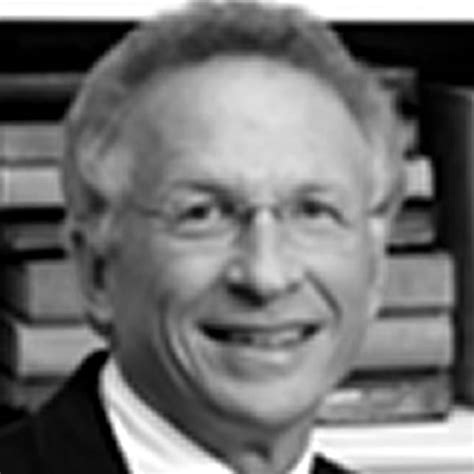A Quote by William Godwin
The true object of moral and political disquisition is pleasure or happiness.
Related Quotes
It is true that one was not allowed at the time to really ask, what would lead people to do this, from what sense of political outrage or injury? And in that way, the possibility of sympathetic identification was foreclosed. That does not mean that some people took quiet pleasure in certain icons of US capitalism coming down, even though they would oppose such action on moral and political grounds.
There is a plain distinction to be made betwixt pleasure and happiness. For tho' there can be no happiness without pleasure--yet the converse of the proposition will not hold true.--We are so made, that from the common gratifications of our appetites, and the impressions of a thousand objects, we snatch the one, like a transient gleam, without being suffered to taste the other.
Pleasure is not the goal of man, but knowledge. Pleasure and happiness comes to an end. It is a mistake to suppose that pleasure is the goal. The cause of all the miseries we have in the world is that men foolishly think pleasure to be the ideal to strive for. After a time man finds that it is not happiness, but knowledge, towards which he is going, and that both pleasure and pain are great teachers.
the tragedy of an attachment is that if its object is not attained it causes unhappiness. But if it is attained, it does not cause happiness – it merely causes a flash of pleasure followed by weariness, and it is always accompanied, of course, by the anxiety that you may lose the object of your attachment.
Political realism is aware of the moral significance of political action. It is also aware of the ineluctable tension between the moral command and the requirements of successful political action. And it is unwilling to gloss over and obliterate that tension and thus to obfuscate both the moral and the political issue by making it appear as though the stark facts of politics were morally more satisfying than they actually are, and the moral law less exacting than it actually is.
Such are the differences among human beings in their sources of pleasure, their susceptibilities of pain, and the operation on them of different physical and moral agencies, that unless there is a corresponding diversity in their modes of life, they neither obtain their fair share of happiness, nor grow up to the mental, moral, and aesthetic stature of which their nature is capable.







































